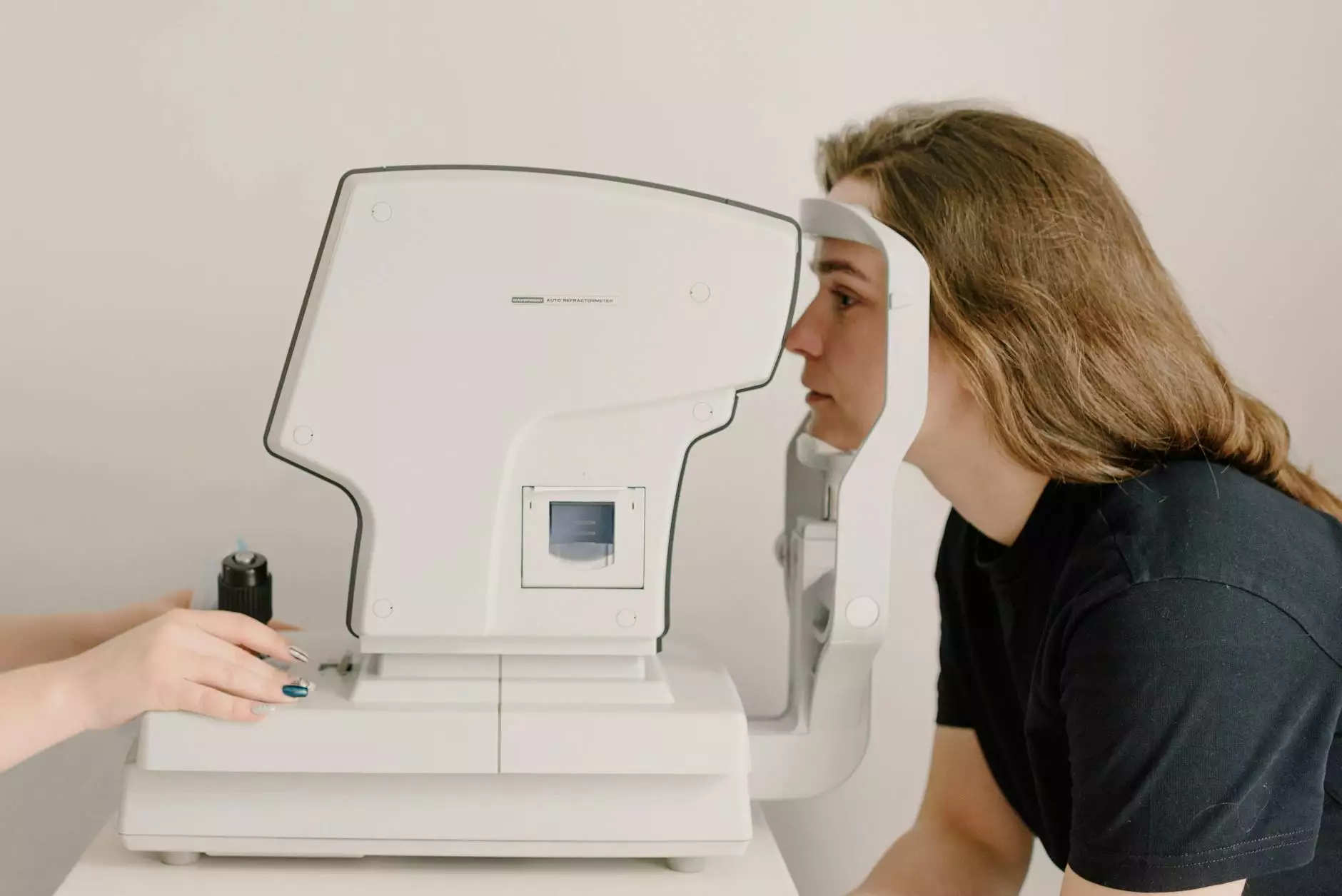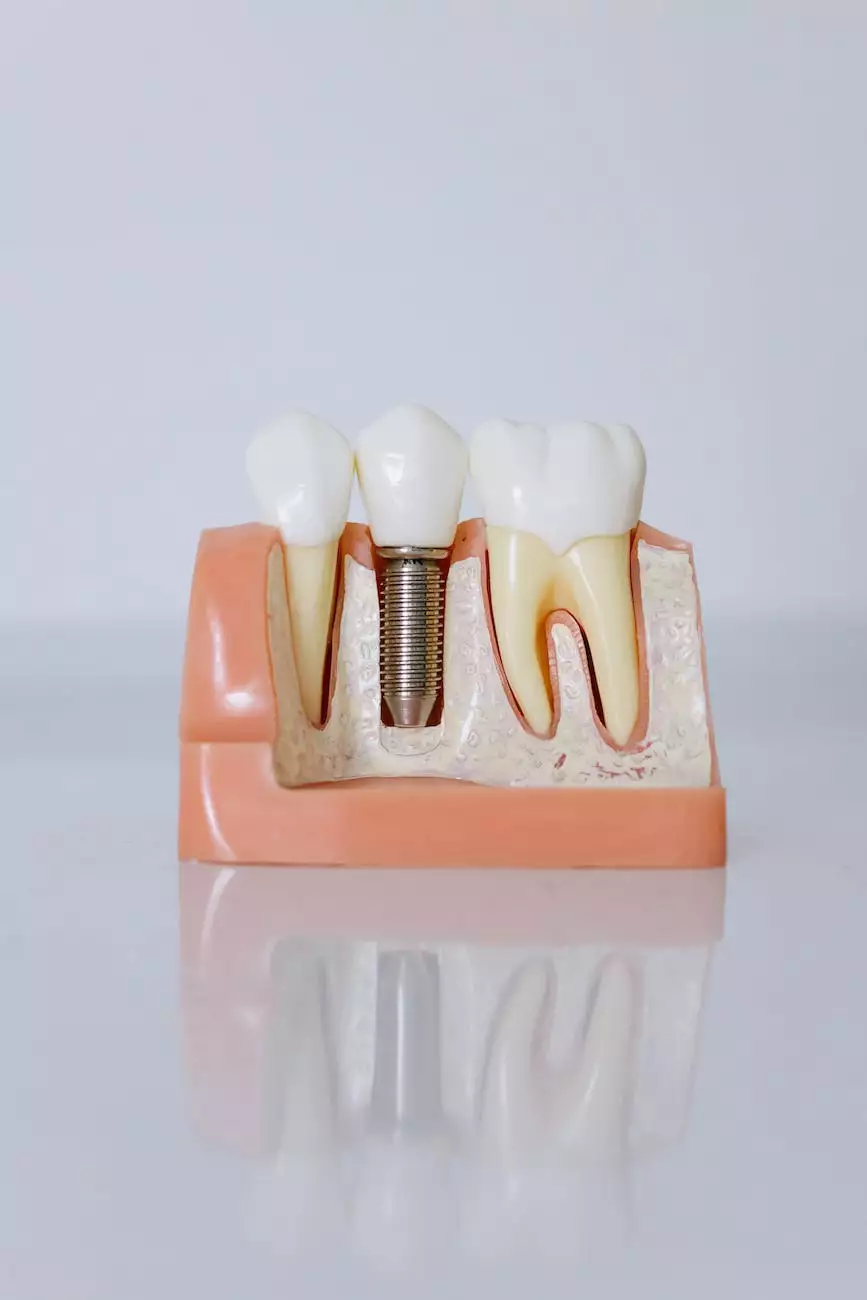Emerging Medical Technologies: Revolutionizing Health & Medical Industry

Introduction
In today's fast-paced world, emerging medical technologies play a crucial role in revolutionizing the Health & Medical industry. These groundbreaking advancements have the potential to improve patient care, enhance diagnostic accuracy, and streamline medical processes. In this comprehensive article, we will explore the latest trends and innovations in emerging medical technologies that are shaping the future of healthcare.
Understanding Emerging Medical Technologies
Emerging medical technologies refer to innovative solutions, devices, and techniques that are newly developed or currently undergoing rapid advancements. These technologies aim to address existing healthcare challenges, enhance medical outcomes, and ultimately improve the overall quality of patient care.
1. Artificial Intelligence (AI) in Healthcare
One of the most prominent and game-changing technologies in the Health & Medical industry is Artificial Intelligence (AI). AI has the potential to transform various aspects of healthcare, including diagnosis, treatment, drug discovery, and patient monitoring. Through machine learning algorithms and deep neural networks, AI can analyze vast amounts of medical data and provide valuable insights for better decision-making.
For instance, AI-powered diagnostic systems can assist healthcare professionals in accurately detecting and diagnosing medical conditions, reducing the possibility of human errors. Furthermore, AI algorithms can predict patient outcomes, helping doctors personalize treatment plans based on individual characteristics and improve patient prognoses.
2. Telemedicine and Remote Patient Monitoring
In the wake of the global pandemic and the need for social distancing, telemedicine and remote patient monitoring technologies have gained significant traction. These technologies allow patients to consult with healthcare providers remotely, overcoming geographical barriers and improving accessibility to medical expertise.
Telemedicine platforms facilitate virtual doctor-patient interactions, enabling patients to receive medical advice, prescriptions, and even remote examinations. Remote patient monitoring devices, such as wearables and connected devices, gather real-time patient data, which can be transmitted to healthcare professionals for analysis and intervention.
3. Robotics and Minimally Invasive Surgery
The field of robotics is revolutionizing surgical procedures through the development of robotic-assisted surgical systems. These systems enhance precision, control, and dexterity during complex surgeries, resulting in improved patient outcomes and faster recovery times.
Minimally invasive surgery, aided by robotics, offers several advantages over traditional open surgeries, including reduced scarring, less blood loss, and shorter hospital stays. Surgeons can maneuver robotic arms with utmost precision, enhancing their capabilities and enabling intricate procedures with greater ease.
4. Bioprinting and Organ Regeneration
Bioprinting technology has opened new horizons in the field of organ regeneration. This cutting-edge technology allows the printing of three-dimensional (3D) structures using a patient's own cells, bioinks, and biomaterials. Bioprinting holds immense potential for the development of functional human tissues and organs, offering hope to patients waiting for transplants.
Researchers are continuously advancing bioprinting techniques to create complex tissues such as liver, heart, and kidney, aiming to ultimately eliminate the shortage of donor organs. With further technological advancements, the dream of fully functional bioprinted organs is gradually becoming a reality.
Benefits of Emerging Medical Technologies
The rapid integration and adoption of emerging medical technologies bring forth numerous benefits to both healthcare providers and patients. Some notable advantages include:
- Improved Accuracy and Precision: Emerging technologies enable precise diagnosis, targeted treatments, and personalized patient care.
- Enhanced Efficiency and Workflow: Automated processes and data analytics streamline medical processes, reducing administrative burdens on healthcare professionals.
- Greater Access to Healthcare: Telemedicine and remote monitoring technologies bridge the gap between patients and healthcare providers, especially in remote areas with limited medical resources.
- Cost Savings: By minimizing hospital stays, unnecessary tests, and surgeries, emerging technologies help reduce healthcare costs significantly.
- Empowered Patients: Patients have access to valuable health information, personalized treatments, and improved communication channels with healthcare providers.
- Advancements in Research and Development: Medical technologies provide valuable data for research, leading to further innovations and breakthroughs.
Conclusion
The ever-evolving landscape of emerging medical technologies holds tremendous potential in transforming the Health & Medical industry. From the integration of AI and robotics to the remarkable progress in bioprinting and telemedicine, these advancements are revolutionizing healthcare delivery, improving patient outcomes, and paving the way for a brighter future.
At Life Science Market Research, we strive to stay at the forefront of these emerging technologies, providing comprehensive insights and analysis to healthcare professionals, industry experts, and investors. Explore the latest trends and advancements in the fascinating world of emerging medical technologies with us.










